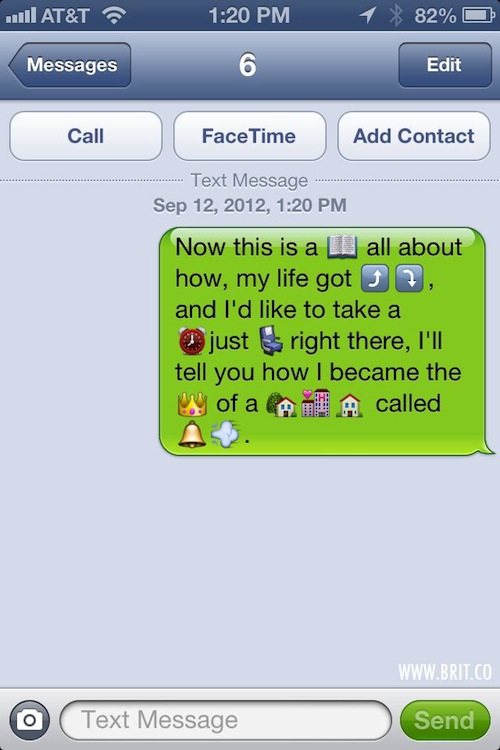

I forgot to mention use of the pile of poop as a single character for a two-syllable expression. Music emoji could mean music, a song, the symphony, a concert, classical music and classical instruments. Filed by Victor Mair under Emojis and emoticons, Language and music, Puns Get the Music emoji here, copy and paste."'Please enter your cock after urinating'" (4/9/16) " Signs from Kashgar to Delhi" (10/11/13) " Toilet revolution, an unfinished business: beware!" (5/25/19) " Toilet Revolution!!" (11/26/17) - see particularly the last comment for numerous articles on this subject in the Chinese press " Greater and lesser conveniences" (6/25/14) Tap or click on any lenny face to one-click copy the cool lenny face or emoticon. " Just the Queen invites irrigation" (4/8/08) " Linguistic advice in the lavatory: speaking Mandarin is a great convenience for everyone" (9/11/07) For the ultimate Buddhist derivation of the latter expressions, see the Selected readings. So no mis-translation at all, only a mismatch in register.įor those who are interested, the lyrics are available on the YouTube site for the song, and if you want to know what they mean, you can copy and paste them into Google Translate, which gives a pretty good English rendering of them.Ī point worth noting is that the title and theme of the song, gǎibiàn 改變 ("change"), is the disyllabic form of biàn 變 ("change transform"), which is homophonous with the "biàn 便" ("convenience") of "dàbiàn 大便 ("greater convenience" ) and "xiǎobiàn 小便" ("lesser convenience" ). If I copy the lyrics from Rock Records' posting on YouTube, Google Translate translates the line in question "Wǒ xiǎng dàbiàn 我想大便" as "I want to have a bowel movement." Now I am familiar with the term dai bihn (in Cantonese) as to defecate and I (mistakenly) guessed the phrase must mean something else as well and that Google Translate chose the wrong meaning.īut, as I re-watched the video, I noticed that at 1:57 they gave the lyric as "我想💩" that is, using the emoji at U+1F4A9, pile of poop. The song in question is gǎibiàn 改變 (Changes) by Taiwan rocker Zhāng Zhènyuè 張震嶽 A-Yue. Instead, I'm sending you a case of a Chinese music video making use of an emoji in the song lyrics.

I thought I was going to be sending you a case of Google Translate munging a song lyric when translating it from Chinese to English.


 0 kommentar(er)
0 kommentar(er)
